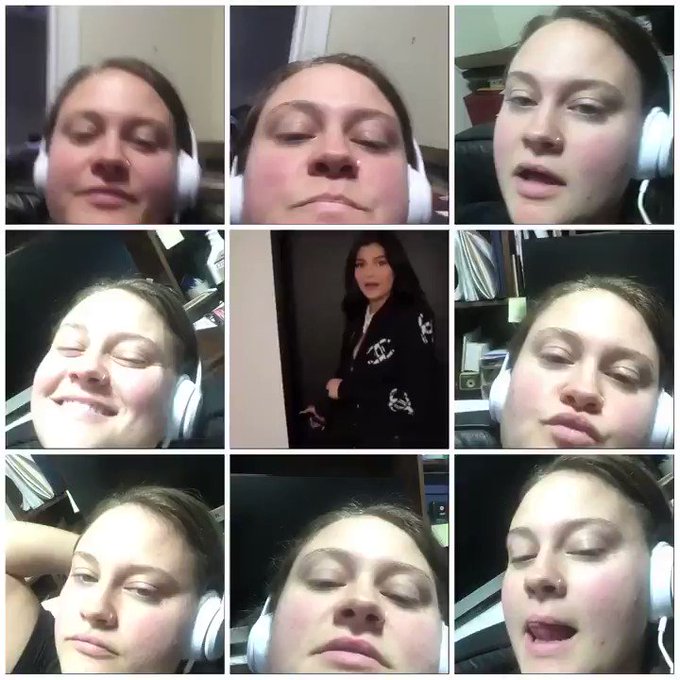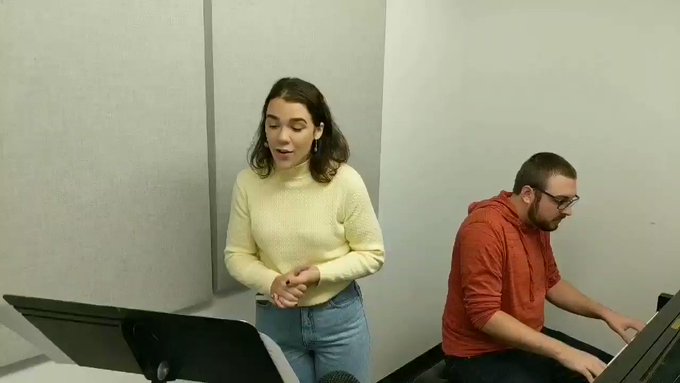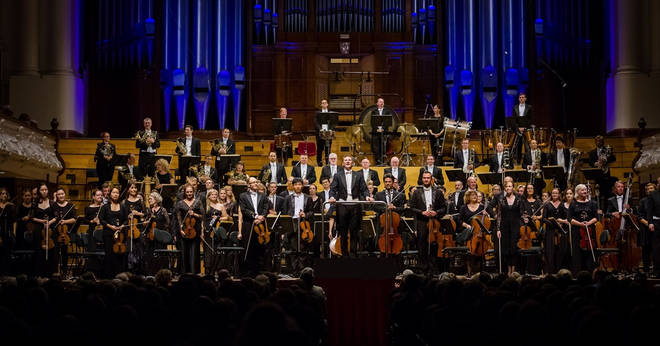By Kyle Macdonald and Maddy Shaw Roberts, ClassicFM
Kylie Jenner has gone viral for singing a musical wake-up call to her daughter, Stormi. And as always, when a moment of music is resonating around the world, we’re here with the analysis.
Kylie Jenner, 22-year-old billionaire and professional Internet Person, sang a lullaby to her daughter, Stormi – and now, the video has gone viral.
Jenner’s original lullaby, entitled ‘Rise and Shine’, has been breaking the Internet for a grand total of 72 hours. It’s literally only second on the viral scale to Jennifer Aniston’s Friends reunion (here’s our , if you missed it).
But why is ‘Rise and Shine’ proving to be so popular?
Let’s begin with our transcription.
Jenner chooses a loosely swung triple metre for her magnum opus. The click of the light switch is ever so slightly anticipated, coming in just before the line’s anacrusis.
SPONSORED BY ZING FLOWERS
Top Gift Inspiration For All Budgets
Flowers top the list of gift ideas to treat your loved ones
CLASSICFM .COM
In a true mezzo register, the melody moves from the tonic to the third degree of the scale (an E), before a swung D as we return to the tonic.
But in a surprise cadenza, Jenner chooses not to settle on the tonic, instead falling down from the C in a subtle portamento and ending on a raspy dominant.
Harmonically, Kylie plays it safe, opting for the key of C major – second inversion. Throughout the line, her vocals demonstrate a tentative, wavering timbre underpinned with a strength that emerges in the second syllable of the lyric.
‘Rise and Shine’ as Gesamtkunstwerk
The German term Gesamtkunstwerk is translated as ‘total work of art’. It’s an idea that began during the enlightenment and later advanced in ’s writings on music, aesthetics and philosophy.
Gesamtkunstwerk is the theatrical act that brings together all or as many art forms as possible: poetry, staging and music in free-flowing drama. Wagner’s Ring Cycle is often used as an example of this aesthetic.
In Jenner’s dramatic vignette, we begin in a darkened room, the flick of the light bringing narrative drama to the Spartan stage and barred cot.
There’s poetry in the ‘rise and shine’ text, and of course now-iconic music. So, is it Gesamtkunstwerk? Ja.
The best covers of ‘Rise and Shine’
Since Kylie premiered her opus, musicians the world over have been keen to put their own spin on ‘Rise on Shine’.
Yesterday, musician Suzy Jones demonstrated how ‘Rise and Shine’ would sound in nine-part harmony, by added a choir to the track.
A pianist and a singer extended the line, morphing Jenner’s simple melody into a fully-fledged musical theatre ballad for soprano voice.
So I turned that meme of @KylieJenner singing "Rise and Shine" to Stormi into a full-fledged musical number
Performed by @victoriashell
Full video:youtu.be/Dxe8S9d-M1Y
146 people are talking about this
There was also this violinist, who got bored of practising...
me: i need to practice scales
my brain: harmonize kylie jenners rise and shine
214 people are talking about this
Even Ariana Grande sampled Jenner’s line.
Ariana Grande shows off her vocals with a rendition of Kylie Jenner’s viral “rise and shine” meme.
3,574 people are talking about this
Best of all, jazz pianist Charles Cornell (see his excellent work on Cardi B’s videos ) has now treated us to an excellent extended harmony version. We are in awe.















